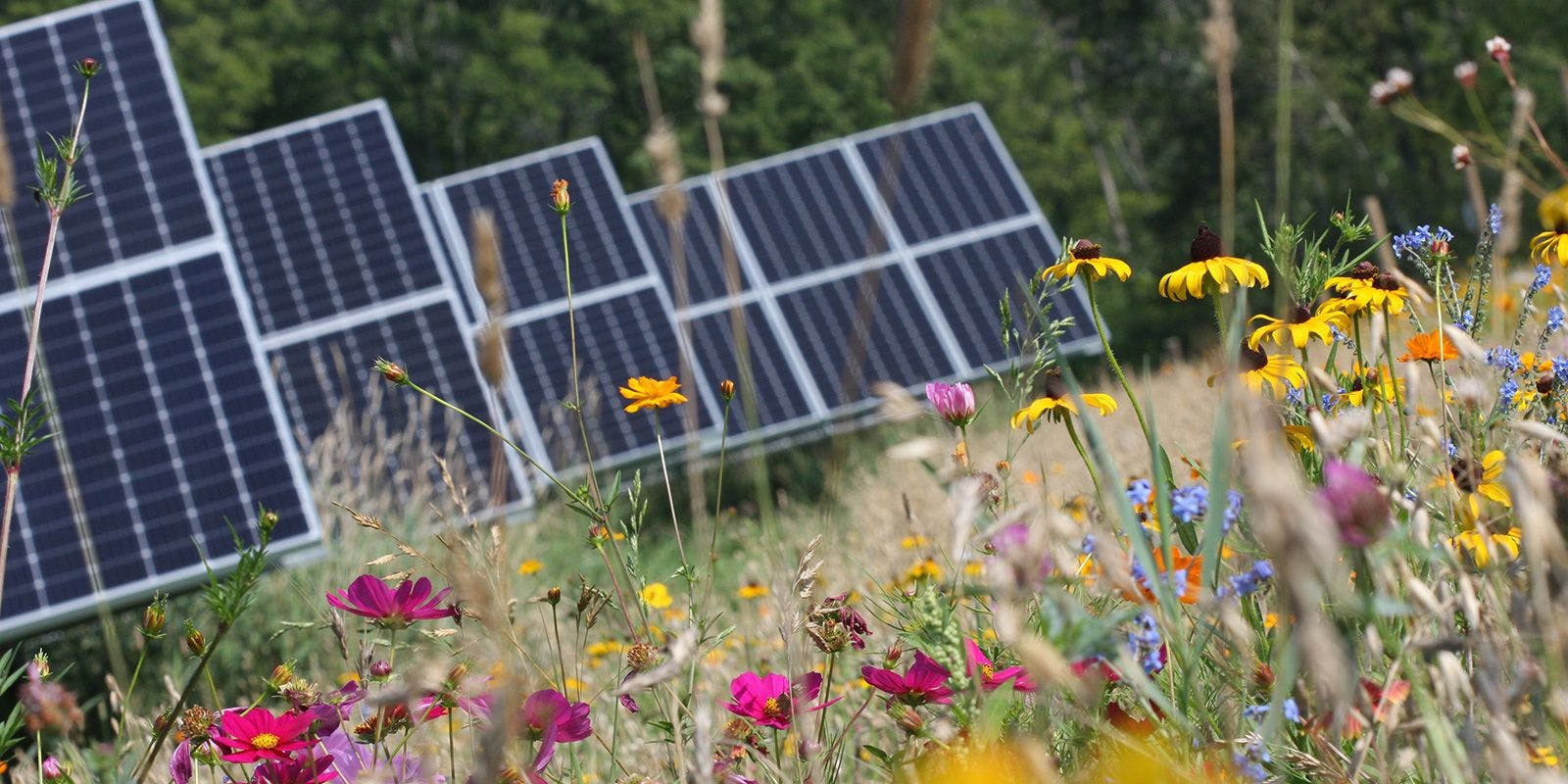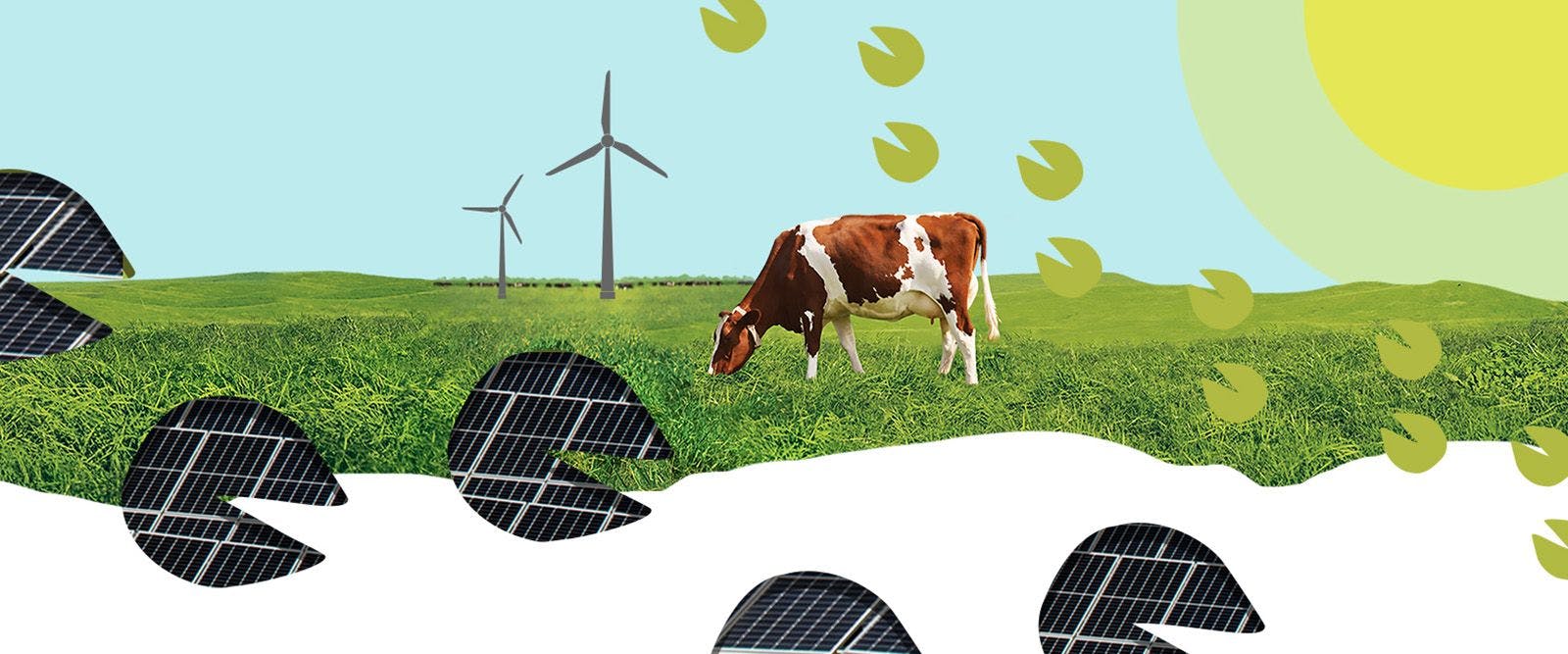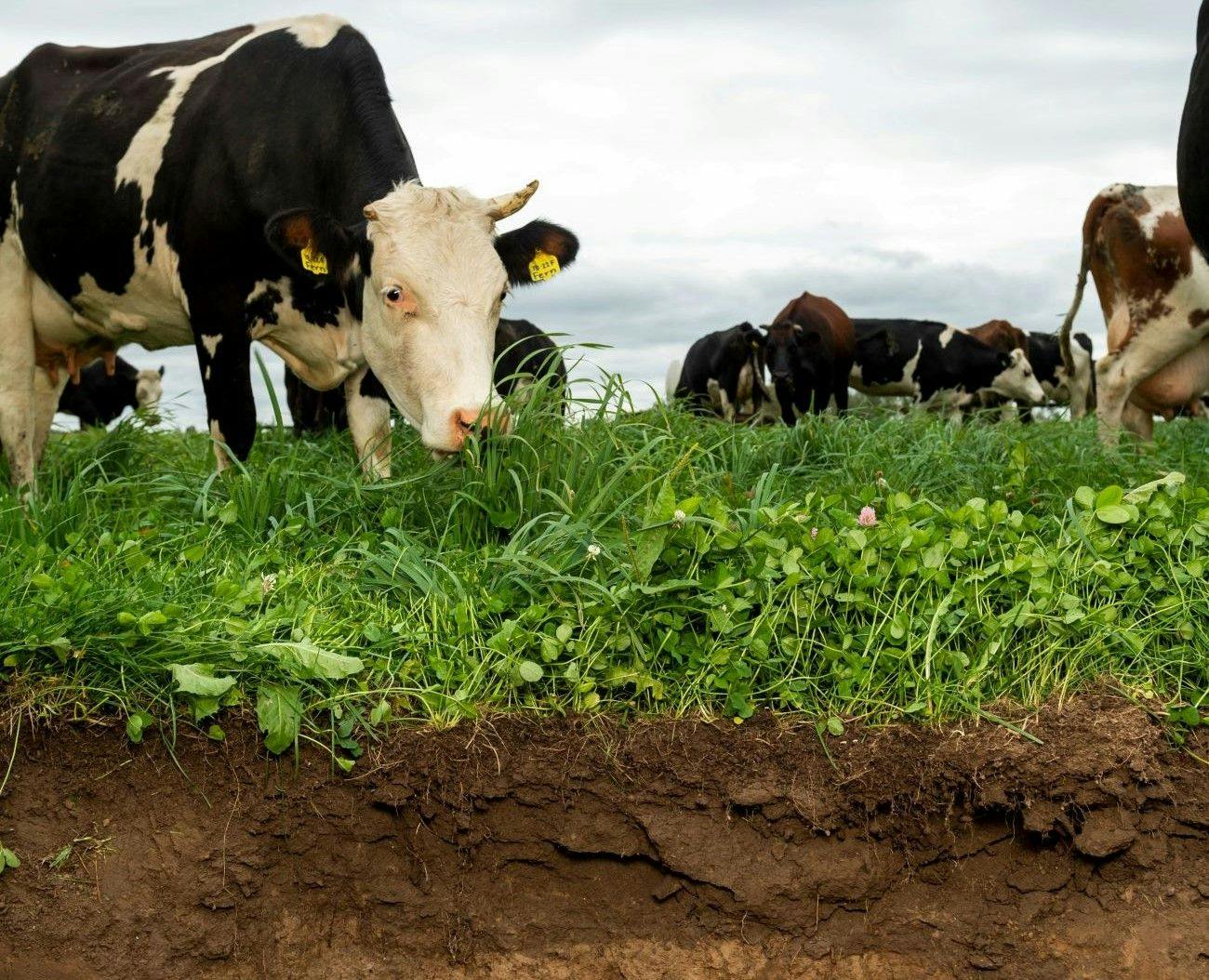
Earth
The Power of Collective Action: Drawdown EcoChallenge
If you follow the news, you might believe that Americans are deeply divided about issues like protecting the environment and fighting climate change. The fact of the matter is there’s a broad consensus in this country about the importance of greening and cleaning the planet.
There’s just one problem. While most agree that we should all take steps toward a cleaner world, many of us don’t act on this conviction. For example, 88 percent of Americans think recycling is important, but only 56 percent actually recycle. Seventy-six percent believe trading our car commute for walking or biking is a good thing, but only 15 percent actually do so.
There are any number of ways to help close the gap between what we say we believe in and what we do in real life. Policy surely plays a role (it’s hard to bike to work, for example, when there’s no bicycle transit network).
The Northwest Earth Institute takes a different approach. Founded in 1993 in Portland, Oregon, the organization operates on the firm conviction that simple, everyday choices can stack up to momentous change. They’ve built a series of programs designed to empower and encourage individuals to do so.
One example is the annual Drawdown EcoChallenge, offered in partnership with Project Drawdown during April, Earth Month. Rooted in the notion that “change should be fun,” the EcoChallenge encourages groups (families, office pools, neighborhoods, etc.) -- over the course of a three-week challenge period -- to take action on the 100 most impactful solutions to global warming.

The program provides social-media-style sharing of these actions, which can be picked from a list of categories or invented by the participants. As the three-week EcoChallenge unfolds, teams earn points and prizes while they also track their own—and the entire event’s participants—impact on the environment.
(Want to join? Sign up at Drawdown EcoChallenge.)
The EcoChallenge is only one way that the organization has had an impact on regional and national sustainability movements. The group provides programming and courses in neighborhoods, colleges, churches and workplaces. Topics include food and ethics, sustainability, climate change, and voluntary simplicity. And while these may sound like abstract socio-political topics, the approach is anything but. Instead, the emphasis is on personal values and individual choices. Northwest Earth Institute has played a key role in pushing the state to the forefront of the environmental conservation and sustainability movement.
* Since the posting of this article, Northwest Earth Institute has changed its name to ecochallenge.
Related Articles
- Tags:
- climate,
- working together,
- environment
















